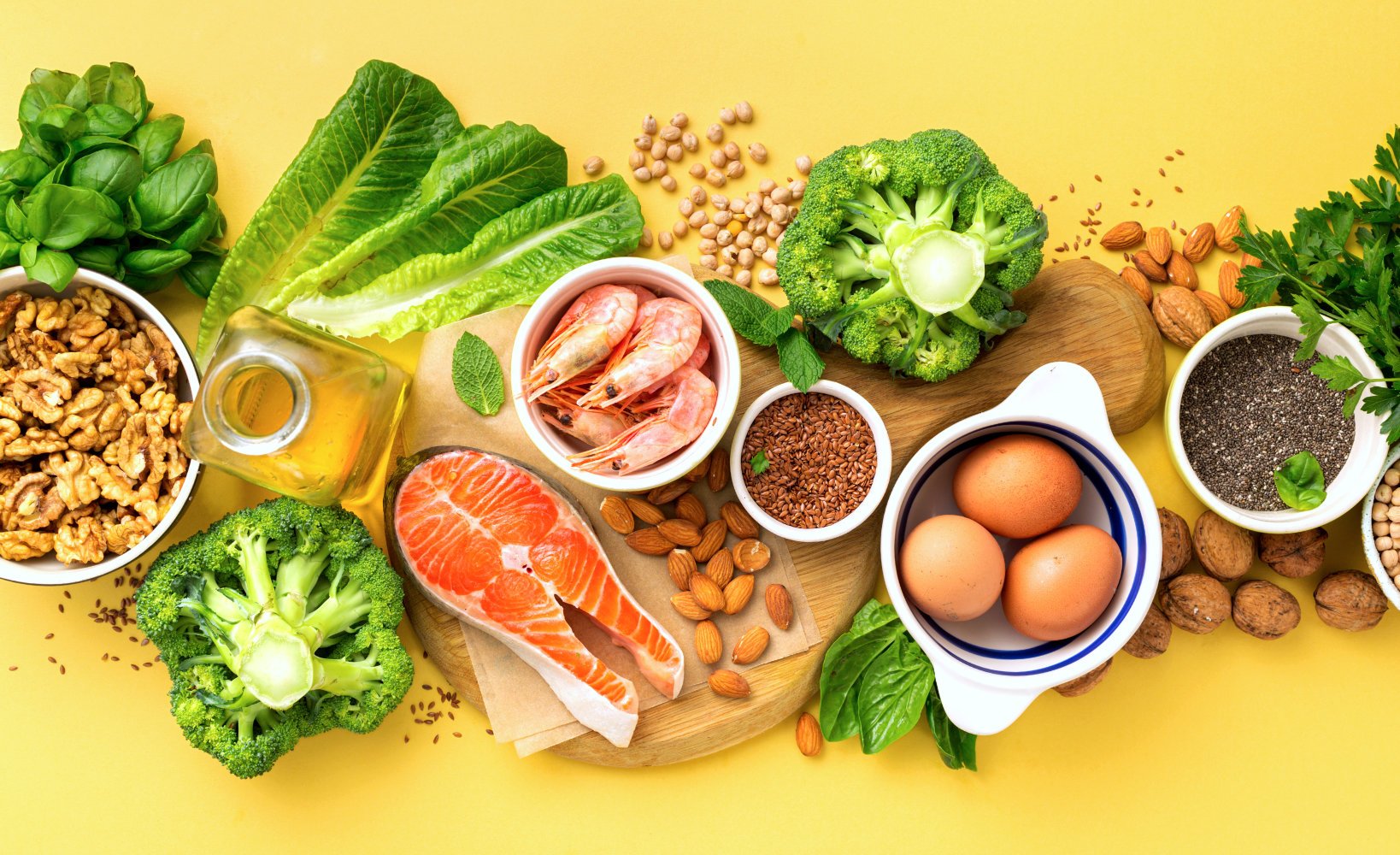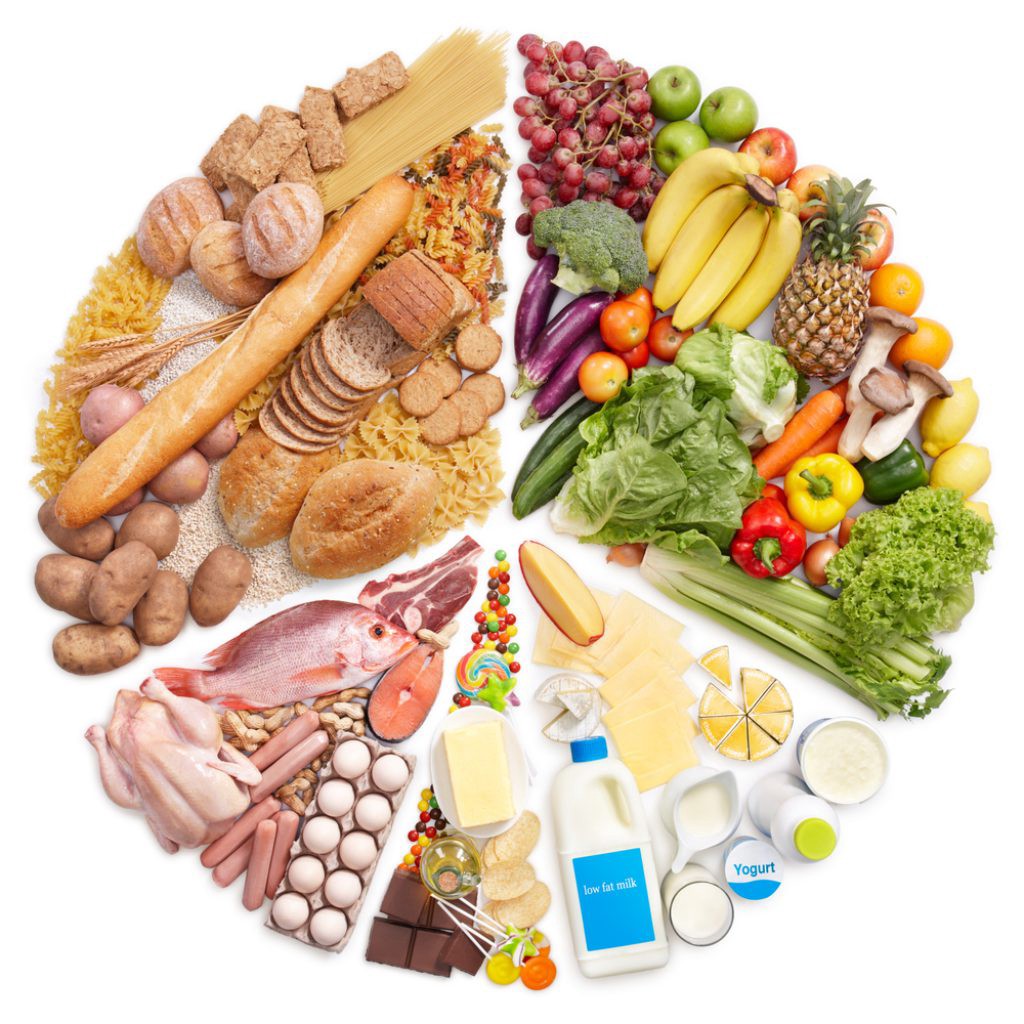A nutritious diet is essential for good health and wellbeing. Incorporating healthy foods in your diet will provide essential nutrients, support immune function and reduce the risk of chronic disease. Here are 15 of the best healthy foods to include in your diet:
1. Leafy Greens
Leafy greens like spinach, Swiss chard and arugula, are nutritional powerhouses. They are high in antioxidants and fiber, as well as vitamins (like vitamin C and A), minerals (such iron and calcium), and vitamins (like vitamin C and K). Include leafy greens in salads, smoothies or stir-fries to increase your nutritional intake.
2. Berries
Berry fruits like blackberries, strawberries, blueberries and raspberries are rich in antioxidants and fiber. Low in calories, they can reduce inflammation, improve blood glucose control, and promote heart health. You can use berries in smoothies, yogurt, oatmeal or salads.
3. Fatty fish
Fish rich in omega-3 fatty acid, such as salmon and trout are good sources. These acids are important for brain health, and they also reduce inflammation. These fish are also rich in high-quality proteins, vitamins B12 and D, and minerals such as selenium. Eat fatty fish twice a week to reap the maximum health benefits.
4. Whole Grains
Whole grains such as quinoa and brown rice are high in antioxidants, fiber, vitamins and minerals. They are a good source of energy, help with digestion and can reduce the risk for heart disease, diabetes and obesity. Whole grains are richer in nutrients than refined grains.
5. Nuts & Seeds
Nuts and seeds are rich in vitamins and minerals, healthy fats and fiber. They are good for your heart, help you lose weight, and have antioxidant properties. You can enjoy them as a snack, in salads or as nut/seed Butter.
6. Yogurt
Yogurt contains beneficial bacteria that promote gut health. For maximum probiotic benefit, choose plain yogurt without sugar and with live cultures. It is a great source of calcium, protein, B vitamins and other nutrients. You can eat yogurt by itself, as part of smoothies or as the base for dressings or dips.
7. Legumes
Beans, lentils and chickpeas provide a good source of fiber, vitamins and minerals. Low in fat, they are cholesterol-free and heart-healthy. Add legumes to soups, stews and salads for an extra nutritional boost.
8. Avocados
Avocados are rich in nutrients, including monounsaturated fatty acids, fiber, vitamins, minerals, and vitamins like vitamin C, E and B vitamins. They support heart health, digestion and skin health. Avocados can be eaten sliced in salads or guacamole, on toast.
9. Tomatoes
Tomatoes, a versatile and nutritious fruit, are rich in antioxidants like lycopene and vitamins. Lycopene has been associated with a reduced risk of cancer and heart disease. You can eat tomatoes in salads or sauces. Or you can roast them as a side.
10. Olive Oil
Olive oil is an essential part of the Mediterranean diet. It is high in monounsaturated fatty acids, antioxidants like vitamin E and polyphenols, and has anti-inflammatory properties. It can improve brain function and heart health. It may also reduce the risk of chronic disease. Use extra virgin oil in salad dressings, for cooking or to dip bread.
11. Cruciferous Vegetables
Cruciferous vegetables like broccoli, cauliflower and Brussels sprouts are high in antioxidants, minerals and vitamins. These vegetables have been associated with reduced inflammation, better digestion and lower risk of cancer. Add them to stir-fries or salads. You can also roast them as a side.
12. Garlic
Garlic not only adds flavor to food, but it also has many health benefits. It may contain sulfur compounds with anti-inflammatory, immune-boosting, and antibacterial properties. Garlic is associated with heart health and immune function. It may also help reduce blood pressure and cholesterol.
13. Sweet Potatoes
Sweet potatoes are rich in antioxidants, fiber, potassium, manganese, and vitamins. They can boost your immunity and help regulate blood sugar. Sweet potatoes can be served as a main dish, side dish, or dessert.
14. Eggs
The eggs are a great source of protein. They contain all the essential amino acids as well as vitamins (like vitamin D, riboflavin, and B12) and minerals (like selenium and Choline). Eggs are versatile, and they can be eaten boiled, scrambled or poached. The eggs are good for brain function, muscle health and satiety.
15. Dark Chocolate
Dark chocolate with at least 70% cocoa is not only delicious, but it also has health benefits. It’s rich in flavonoids, which can improve heart health and reduce inflammation. As part of a healthy diet, enjoy dark chocolate in moderation.
Conclusion
These 15 top healthy foods can help you get a variety of nutrients and promote your overall health. They also reduce the risk for chronic diseases. Include a variety of fruits, vegetables and whole grains in your diet. Also, include lean protein, healthy fats, nuts and seeds. For maximum nutrition, eat these foods whole or in minimally processed form. Consult a registered dietitian or healthcare professional for nutrition advice tailored to your lifestyle and preferences.




